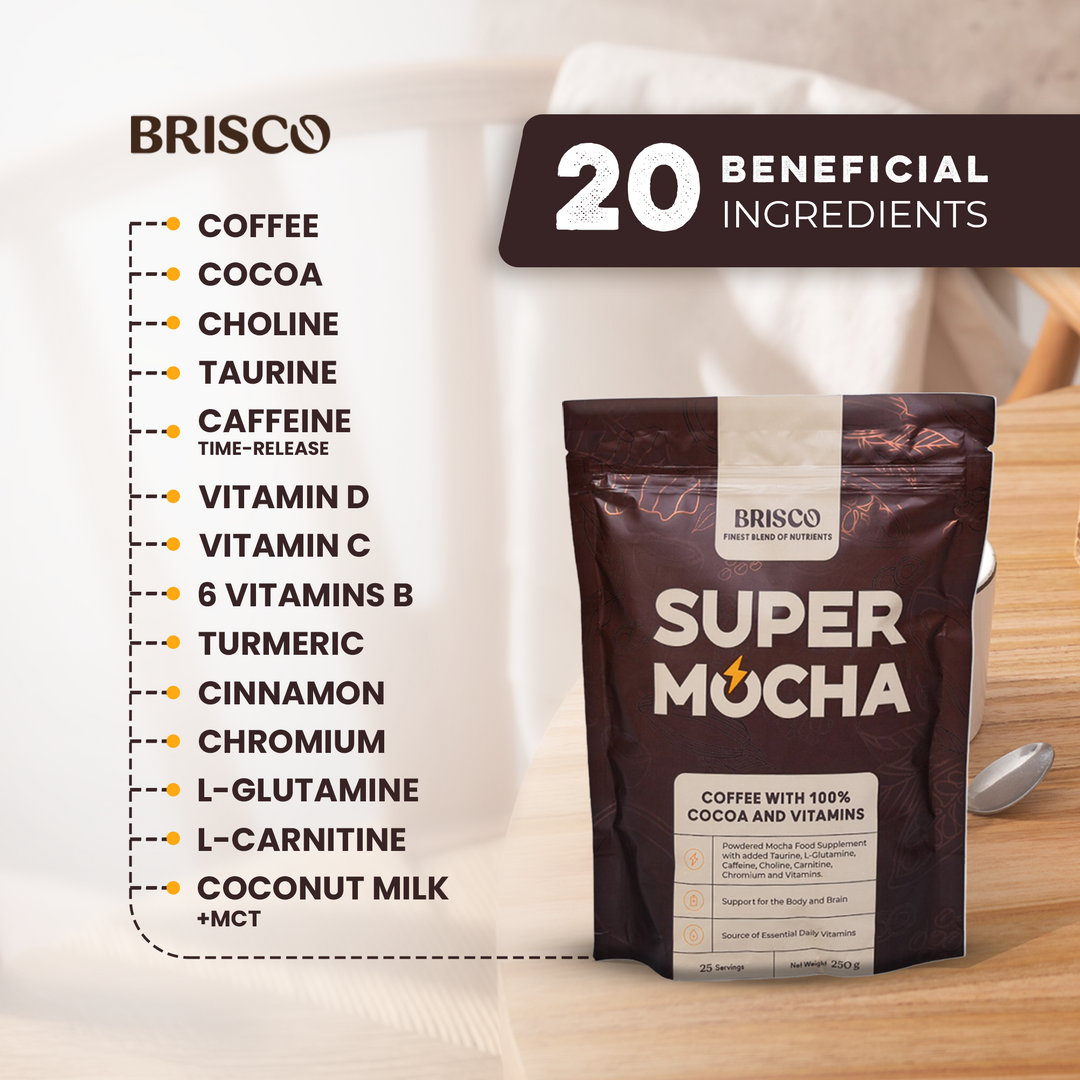Coping with Stress: Healthy Habits for a Balanced Mind and Body

Feeling emotional, nervous, and having trouble sleeping are common responses to stress, but adopting healthy coping mechanisms can make a significant difference in managing these challenges. Here are some practical ways to navigate stress and promote overall well-being:
-
Stay Hydrated: Ensure you're drinking plenty of water throughout the day. Hydration plays a crucial role in maintaining both physical and mental well-being.
-
Limit News Consumption: While staying informed is important, constant exposure to stressful news can be overwhelming. Consider setting specific times for news updates and take breaks from screens to avoid information overload.
-
Self-Care is Key: Prioritize your well-being by eating nutritious meals, engaging in regular exercise, and getting sufficient sleep. Taking care of your body lays a foundation for better stress management.
-
Mind-Body Connection: Incorporate relaxation techniques into your routine, such as deep breathing, stretching, or meditation. These practices can help alleviate tension and promote a sense of calm.
-
Balanced Lifestyle: Strive for a well-balanced lifestyle by maintaining healthy eating habits, regular exercise, and adequate sleep. These factors contribute significantly to your overall mental and physical health.
-
Avoid Substance Abuse: Steer clear of excessive alcohol, tobacco, and substance use. While these may provide temporary relief, they can exacerbate stress and lead to additional problems.
-
Make Time to Unwind: Dedicate moments to activities you enjoy, whether it's reading, listening to music, or engaging in hobbies. Taking time for yourself is essential in combating stress.
-
Open Up to Others: Share your concerns and feelings with trusted individuals, be it friends, family, a counselor, or a healthcare professional. Communication can provide valuable support and perspectives.
-
Community Connection: Connect with your community, whether it's through local groups, clubs, or social activities. Building a support network fosters a sense of belonging and shared experiences.
-
Avoid Drugs and Alcohol: Resist the temptation to turn to drugs or alcohol as coping mechanisms. While they may offer a temporary escape, they can intensify stress and create additional challenges.
Remember, it's crucial to tailor these strategies to your individual needs and preferences. Seeking professional guidance when needed is a proactive step towards maintaining mental and emotional well-being.
Source: National Institute of Mental Health. (2022). Coping with Stress.








Leave a comment